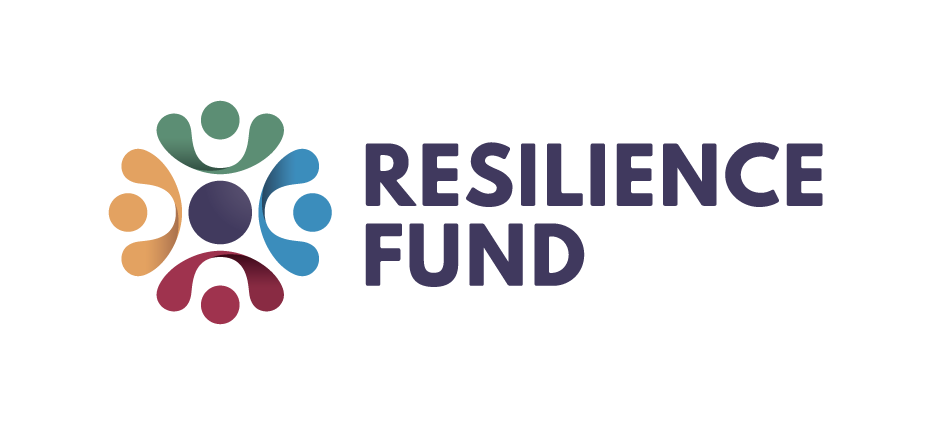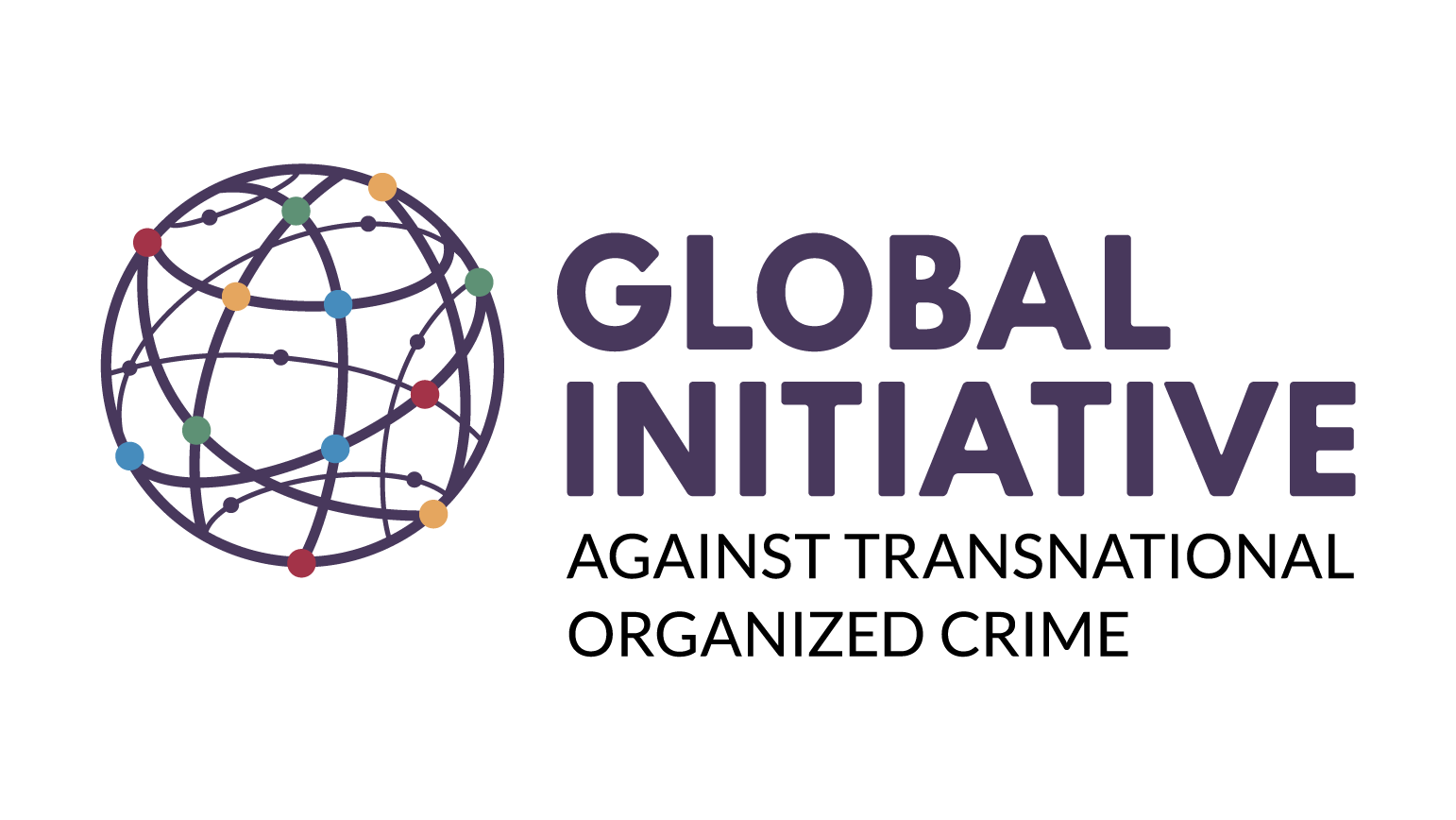Fragility
and Resilience
2024 Resilience Fellowship
PRESS KIT

In fragile contexts, where state institutions are weak or lack legitimacy, civil society organizations play a critical role in countering the effects of criminality
The results of the 2023 Global Organized Crime Index show that conflict zones are particularly vulnerable to organized crime. High levels of conflict in a country not only affect its resilience to organized crime, but also allow illicit economies to flourish and create space for the involvement of domestic and foreign criminal actors. Civil society actors often fill the gap left by the state by assisting victims of crime, implementing prevention programmes and initiating investigations.
Civil society becomes a lifeline in fragile communities.


Fragility and resilience
A fragile context or region refers to areas characterized by weak governance, social fragmentation, security threats, and vulnerability to multiple shocks and stressors. These regions often struggle with violence, conflict and the inability to provide basic services, making them susceptible to the spread of organized crime. Pathways out of fragility include fostering resilience by supporting the development of local governance and social structures that can resist criminal influence.
‘The Fellowship is like a community service mission, helping human rights defenders
to address community rights issues
in their respective areas of work. It also contributes to advancing our careers.’
Estelle Ewoule, Fellow 2022









Key characteristics of a fragile context include
Weak governance and institution
Limited capacity to make effective decisions, enforce laws, provide public services and ensure security.
Economic instability
High levels of poverty, unemployment, inflation and dependence on external aid, with poor infrastructure and limited access to markets and financial services.
Social fragmentation
Deep divisions within society based on ethnicity, religion or social class, leading to discrimination, inequality and lack of social cohesion.
External shocks and stressors
Susceptibility to global economic fluctuations, geopolitical tensions and other external pressures that exacerbate domestic challenges.
Violence and security threats
Prevalence of conflict, violence and crime, including organized crime, which can be both a cause and consequence of fragility.
Environmental and health vulnerabilities
Exposure to natural disasters, climate change and health crises, with insufficient capacity to manage and mitigate risks.
Human rights abuses
Widespread violations of human rights and limited mechanisms for justice and accountability.
Lack of legitimacy and public trust
Citizens' lack of confidence in the state's ability or willingness to act in the public interest, leading to alienation and non-cooperation with authorities.
Back for its fifth edition
Each year, the Resilience Fellowship selects a theme that reflects the different ways in which organized crime undermines the security and stability of communities.

For the 2024 Fellowship, we are looking for civil society actors who support communities in contexts of fragility, particularly communities facing conflict. Ten fellows will be selected from different contexts and supported through grants, capacity building, networking and collaboration. The selection will ensure geographical representation and gender balance.
‘The Fellowship is a very comprehensive programme that made all the difference
in being able to develop my project.
Without a doubt, the programme allowed Casa Warriors to become a reality.’
Juan Enamorado, Fellow 2023
Who should apply?

Applicants should have a background in any of the following fields:
- Journalism and media;
- Activism;
- Advocacy and community mobilization; the creative arts (artists, writers, filmmakers and others);
- Community leaders (religious, cultural and youth leaders);
- Academia (researchers, consultants, scholars and policymakers);
- Human rights practitioners working directly with affected communities.
The Fellowship is designed as a support mechanism for collaborative processes with other committed individuals who are already developing creative perspectives on community resilience and organized crime through dialogue, commitment and action.




Key dates
30 April 2024
Call for applications for the Resilience Fellowship opens.
25 May 2024
Call for applications closes
26 June 2024
Selected candidates are notified.
‘Thanks to the Fellowship, twice as many journalists, researchers and professors
have approached us to learn more about the issue of disappearances. This has given me momentum to go out and raise
my voice.’
María Isabel Cruz, Fellow 2020
Press release
The Global Initiative Against Transnational Organized Crime launches 5th edition of the Resilience Fellowship to support community responses in fragile contexts
Vienna, 30 April 2024
The Global Initiative Against Transnational Organized Crime (GI-TOC) is pleased to announce the launch of the fifth edition of the Resilience Fellowship, which provides a platform for cross-sectoral, global and interdisciplinary collaboration between civil society actors, human rights activists, journalists, artists, scholars, policymakers, grassroots community leaders and others working to counter the effects of organized crime.
Contact us
If you want more information about the Resilience Fund, the Resilience Fellowship or schedule an interview with our team, please contact: fellowship@globalinitiative.net
About the Resilience Fellowship
The Resilience Fellowship was launched in 2020 to heighten the impact of the Global Initiative Against Transnational Organized Crime (GI-TOC)’s Resilience Fund by identifying, incubating and amplifying responses to organized crime that strengthen community resilience in places affected by conflict, violence and criminal governance.
About the Resilience Fund
The Resilience Fellowship is part of the GI-TOC's flagship Resilience Fund, which provides grants and support to civil society individuals and organizations working to counter the impacts of criminal governance and violence across the world. Established with a grant from the government of Norway, the Resilience Fund is also supported by the governments of Germany, the Netherlands and New Zealand, and works in partnership with international organizations and NGOs worldwide (more information can be found here).
About the GI-TOC
The Global Initiative Against Transnational Organized Crime is an independent civil society organization, headquartered in Geneva. It provides a platform to promote innovative approaches to responding to organized crime, which serve as the building blocks to shaping an inclusive global strategy against organized crime (more information can be found here).





